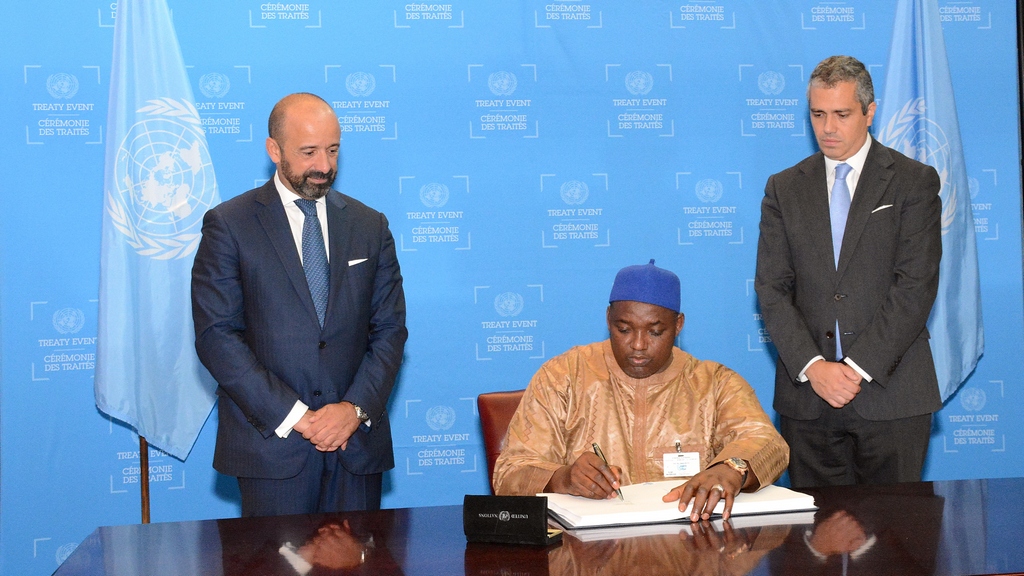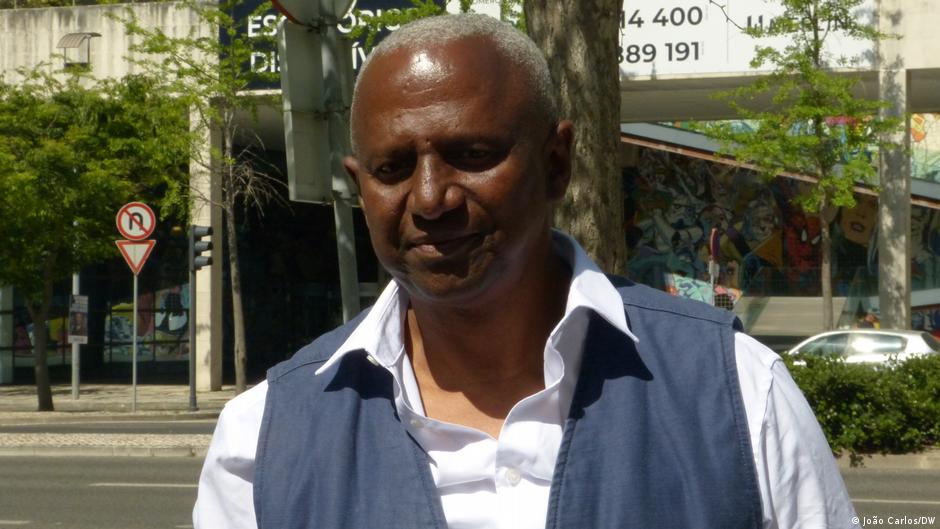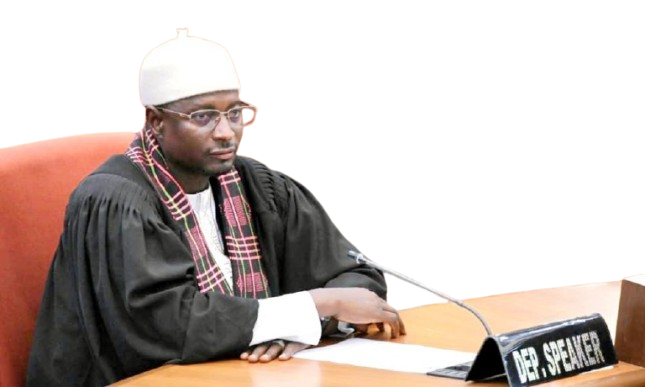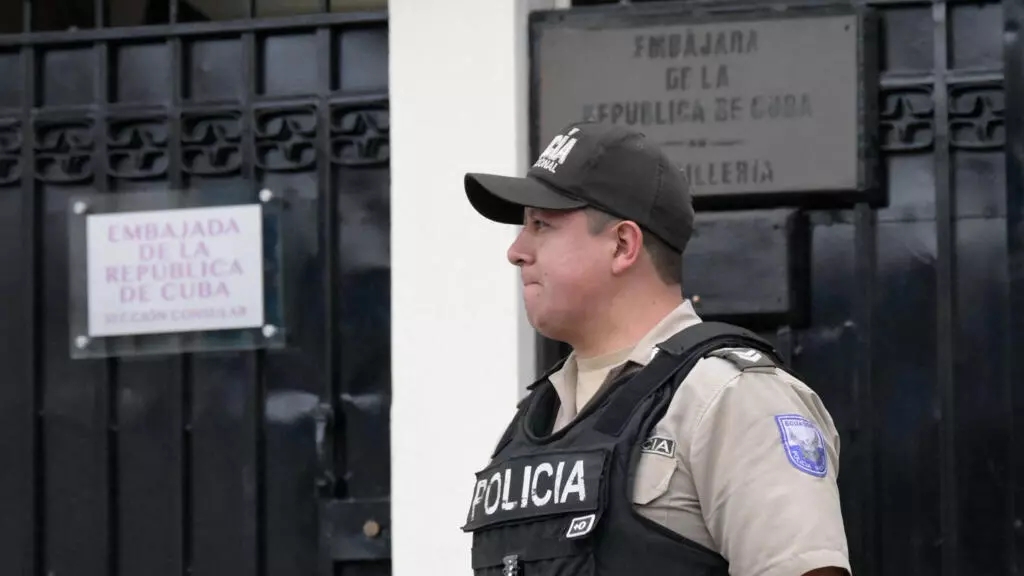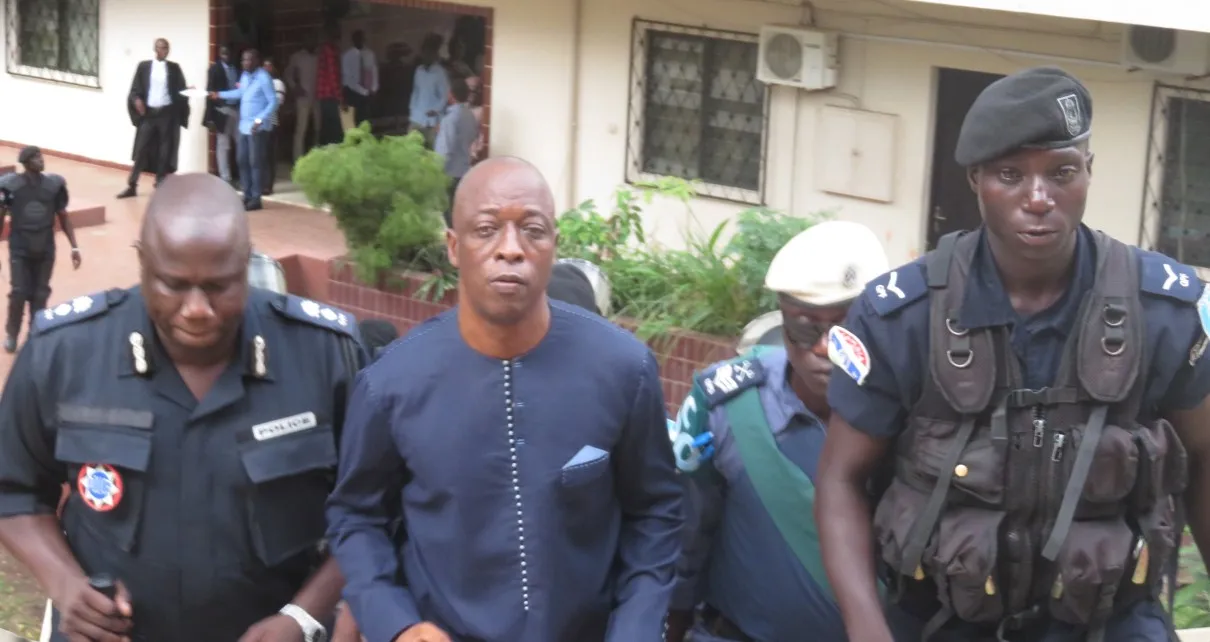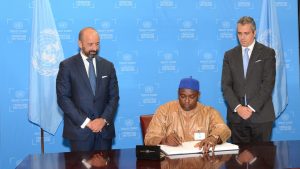Gambiaj.com – (BANJUL, The Gambia) – The Supreme Court of The Gambia is set to deliver its highly anticipated judgment today in the appeal case filed by Yankuba Touray, a former Yahya Jammeh led AFPRC military junta member, who is challenging the death sentence imposed on him by the Banjul High Court for the 1995 murder of former Finance Minister Ousman Koro Ceesay.
Touray was sentenced to death by hanging on July 14, 2021, by Justice Ebrima Jaiteh, who ruled that the prosecution had proven beyond reasonable doubt that Touray was responsible for the brutal killing of Ceesay. The verdict followed a long and highly publicized trial that revisited one of The Gambia’s most infamous political assassinations.
Touray, who served as a prominent figure in the military regime of former President Yahya Jammeh, was convicted under Section 187 of the Criminal Code. Court records indicate that in June 1995, at a residence in Kololi, Touray, with malice aforethought, allegedly beat Ceesay to death using a pestle-like object and other dangerous weapons.
Legal Battle Over Immunity and Appeal
At the onset of his trial, Touray sought constitutional immunity under the 1997 Constitution, arguing that his actions as a member of the ruling Armed Forces Provisional Ruling Council (AFPRC) were shielded from prosecution. However, the Supreme Court, in a ruling on January 27, 2021, dismissed his plea, affirming that he was not entitled to immunity under the relevant provisions of the constitution. This decision paved the way for Justice Jaiteh to proceed with the murder trial.
During the proceedings, the prosecution presented nine witnesses and substantial documentary evidence, including post-mortem reports and Touray’s cautionary statements. Despite his lawyer’s submission that there was no case to answer, the High Court ruled against it, determining that there was enough evidence to warrant Touray’s defense. He subsequently called two witnesses, Awa Minteh and Mamie Minteh, to support his case.
In his final judgment, Justice Jaiteh stated that key prosecution witnesses, including Alagie Kanyi and several security officials, provided credible and detailed accounts of how Ceesay was murdered in cold blood. Citing Section 188 of the Criminal Code, the judge ruled that the court had no discretion in sentencing and imposed the death penalty on Touray.
Touray then appealed the conviction, arguing that the High Court failed to properly evaluate the evidence. His defense claimed that aside from Kanyi’s testimony, no other witness or document directly implicated him in Ceesay’s murder. However, the Court of Appeal upheld the High Court’s judgment, dismissing Touray’s plea.
Awaiting the Supreme Court’s Verdict
Today’s ruling by the Supreme Court marks the final legal avenue for Touray to challenge his conviction and sentence. The outcome could either confirm his death sentence or lead to a possible reduction or acquittal.
As the nation awaits the verdict, the case continues to be a significant moment in The Gambia’s judicial history, reflecting the country’s ongoing reckoning with past atrocities committed under the Jammeh regime.



